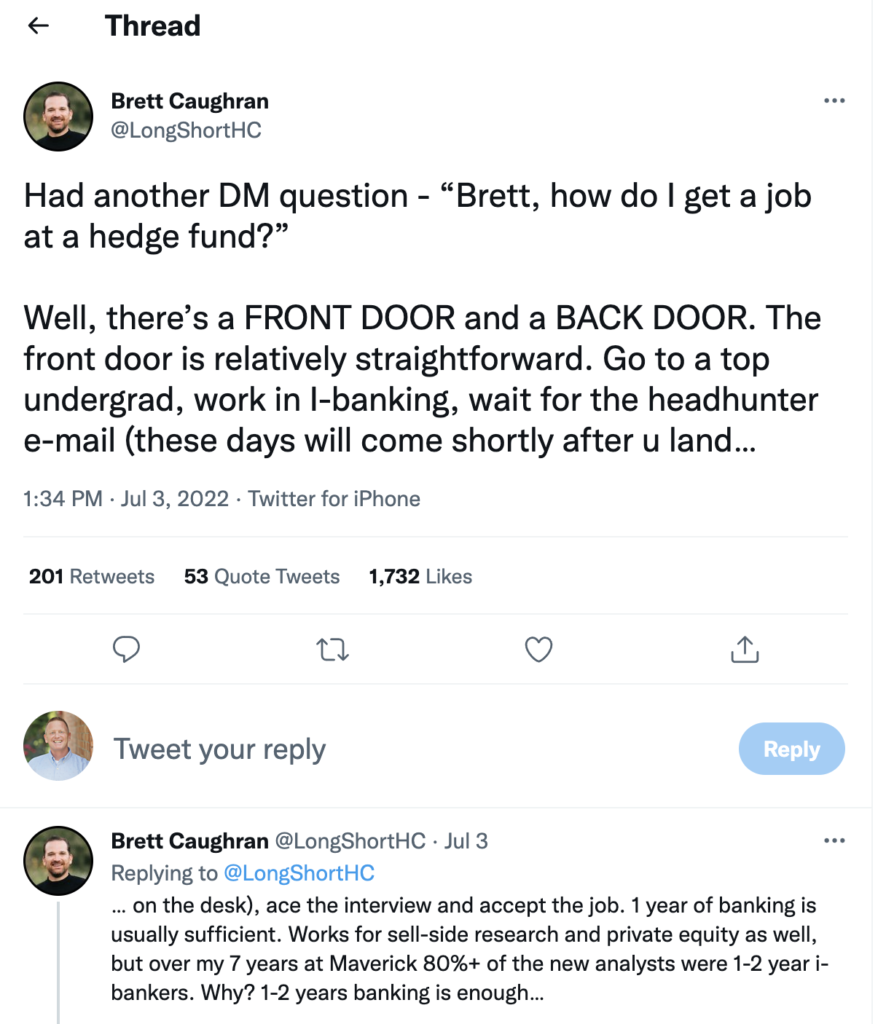This week CrossChq released a report titled”The CrossChq “Q” Report” that was loaded with some research and data around the quality of hire. The quality of hire metric is like the holy grail of HR and Talent Acquisition! Everyone talks about it, but no one really feels like they know what it is and where they can get it!
Let’s dig into what they found
The one that will jump right out and make you question your own existence is this:
“Internal Referrals have a Quality of Hire -26% below the industry average”
What? The What?!
Since the beginning of time or at least the beginning of HR, we have all lived by one unbending truth! Referral hires were always of higher quality than some hires out of the general population. You get taught this in the first hour of the first day of HR and Recruiting school!
Turns out, we’ve been lied to or at least led to believe that referral hires were better when they weren’t. How could this be the case? Well, we love to believe in this one premise, which was probably never proven. We want to believe someone who works for us would never refer a candidate who wouldn’t be a great worker!
The reality is most people just refer friends or family, and they have no idea how that person works, nor do they really care. They just want to hang out all day with people they like, regardless of how they work!

Another thing in the report that was somewhat shocking:
“Interviews show only a 9% correlation rate to Quality of Hire!”
Okay, we all know that our hiring managers suck at interviewing. In fact, almost everyone sucks at interviewing! Why? For one, 90% of hiring managers don’t interview enough to ever sharpen that skill. On top of that, we are all too gullible and believe what we here and don’t dig in. BUT, this number is shocking!
I think most organization should be testing “no-interview” hiring. That doesn’t mean we don’t talk to people or try validated assessments (more on this in the study), but formal interviews with a 9% success rate are a giant waste of time!
This study is definitely worth a download and read. I’m always skeptical of vendor-based research, but I really like the effort, data, and quality of this one. I think it has some true merit. We all know we need to select better, but we mostly keep doing and believing the same stuff, without really any merit.


